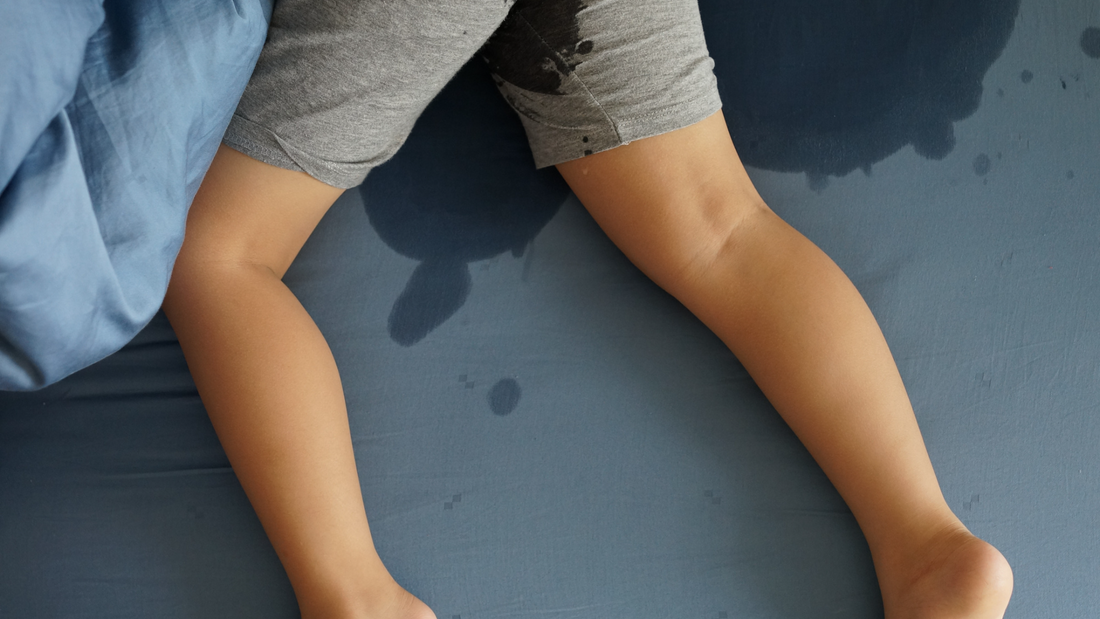Bedwetting is something that many kids and even some adults experience and unfortunately, there are a lot of myths and misconceptions about it that can lead to to unnecessary worry and embarrassment.
In this article we will debunk some of the most common bedwetting myths and help you better understand some of the causes for this condition.
Myth: Bedwetting is caused by laziness or a lack of motivation.
Fact: Bedwetting is a medical condition that is not caused by laziness or a lack of motivation. In fact, most children who wet the bed are unable to control it and feel ashamed and embarrassed by it. Bedwetting is typically caused by a delay in the development of the nerves and muscles that control the bladder, which can lead to involuntary urination during sleep.
Myth: Bedwetting is a psychological problem caused by stress or anxiety.
Fact: While stress and anxiety can sometimes contribute to bedwetting, it is not the primary cause. Bedwetting is a physical problem that is caused by a delay in the development of the bladder control muscles. In some cases, bedwetting may be related to an underlying medical condition, such as a urinary tract infection , constipation or sleep apnea.
Myth: Punishing a child for bedwetting will make them stop.
Fact: Punishing a child for bedwetting is not only ineffective, but it can also be harmful to their self-esteem and emotional well-being. Bedwetting is not something that a child can control, and punishing them for something outside of their control can lead to feelings of shame and inadequacy. Instead of punishing a child for bedwetting, it is important to be understanding and supportive, and to work with them to find a solution that works for everyone.
Myth: Bedwetting is a sign of laziness or immaturity.
Fact: Bedwetting is not a sign of laziness or immaturity. In fact, many children who wet the bed are highly motivated and responsible in other areas of their life. Bedwetting is a medical condition that is caused by a delay in the development of the bladder control muscles, and it is not something that a child can control.
Myth: Bedwetting is a problem that only affects young children.
Fact: While bedwetting is more common in young children, it can also affect older children and even adults. In fact, approximately 1-2% of adults experience bedwetting, and it can be a sign of an underlying medical condition, such as prostate problems or diabetes.
So, if you or someone you care about is dealing with bedwetting, remember that it is a medical condition that isn't anyone's fault, and there are ways to manage it and work towards dry nights. Punishing or shaming someone won't help, but being understanding and supportive can make a big difference.
